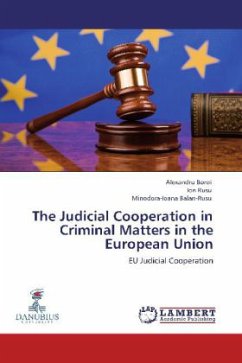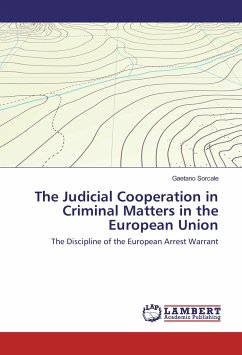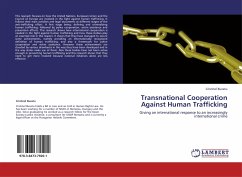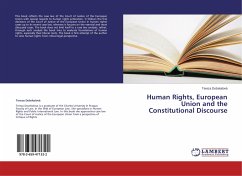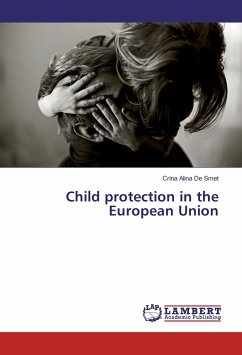Ensuring a space of freedom, security and justice requires an increase in specific activities on preventing and combating crime of all kinds and especially organized crime, goals that can be achieved at such level only by the adoption of a coherent legislative framework, accepted by all Member States. Structured in five chapters, the book addresses to all those who want to improve their knowledge in the field of judicial cooperation in criminal matters in the European Union, teachers, students, academics and practitioners. After an introductory chapter that provides a general overview of the institution, in the following chapters there are analyzed four main forms of cooperation, namely, the European arrest warrant, transfer of proceedings in criminal matters, transfer of sentenced persons and recognition of criminal judgments and judicial acts. Considered to be the most important form of cooperation, the recognition of criminal judgments is examined in detail, in a modern, smooth manner, accessible for the reader. The work suggests some solutions of adapting their operation in the union framework, in the context of new challenges caused by the increase of organized crime.
Bitte wählen Sie Ihr Anliegen aus.
Rechnungen
Retourenschein anfordern
Bestellstatus
Storno

